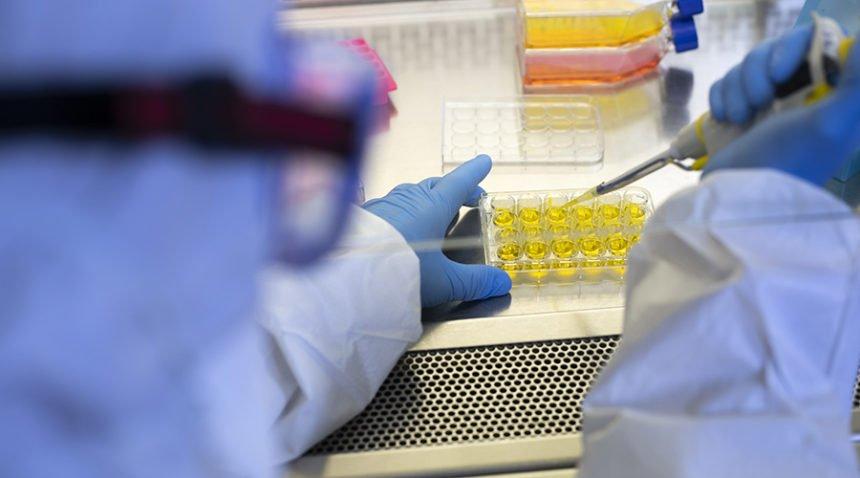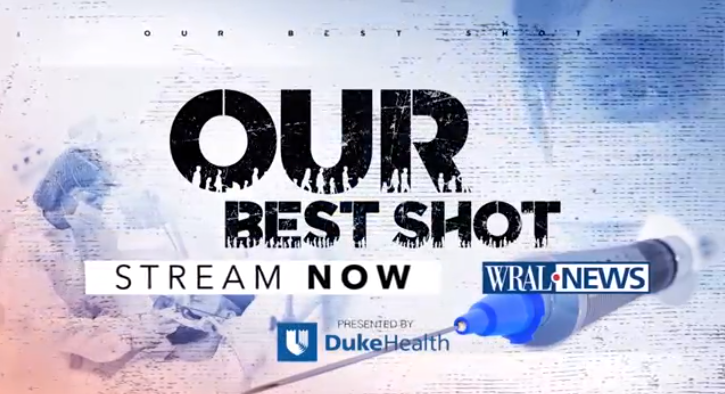
Four epidemics (SARS in 2003, pandemic influenza in 2009, Ebola in 2014, and the COVID-19 pandemic in 2020) have revealed strengths and weaknesses in our nation's ability to coordinate a comprehensive response.
The Duke Human Vaccine Institute's Pandemic Preparedness programs seek to build upon our world-class expertise in pandemic preparedness training, virology, immunology and CGMP manufacturing to strengthen our national response to future pandemic emergencies. We are taking a holistic approach to include pandemic preparedness training to improve and provide occupational training to those who may be exposed to infectious diseases and rapid development of pathogen-specific countermeasures to be deployed in a pandemic emergency. The DHVI Pandemic Preparedness programs include the Duke DARPA Pandemic Prevent Platform (P3) program and the Duke Infectious Diseases Response Training (DIDRT) .
In response to the anthrax attacks of 2001, the NIAID/NIH funded construction of 12 Regional Biocontainment Laboratories (RBLs) with two mandates:
- Provide state-of-the-art containment space to support research on drugs, diagnostics and vaccines against biological threats and emerging infections
- Support local and national responses to infectious disease emergencies.
RBLs were strategically constructed at major academic medical centers to create a broad research and response-training network. The Duke RBL facility in the DHVI is the home of the two Pandemic Preparedness programs: DIDRT and P3.









